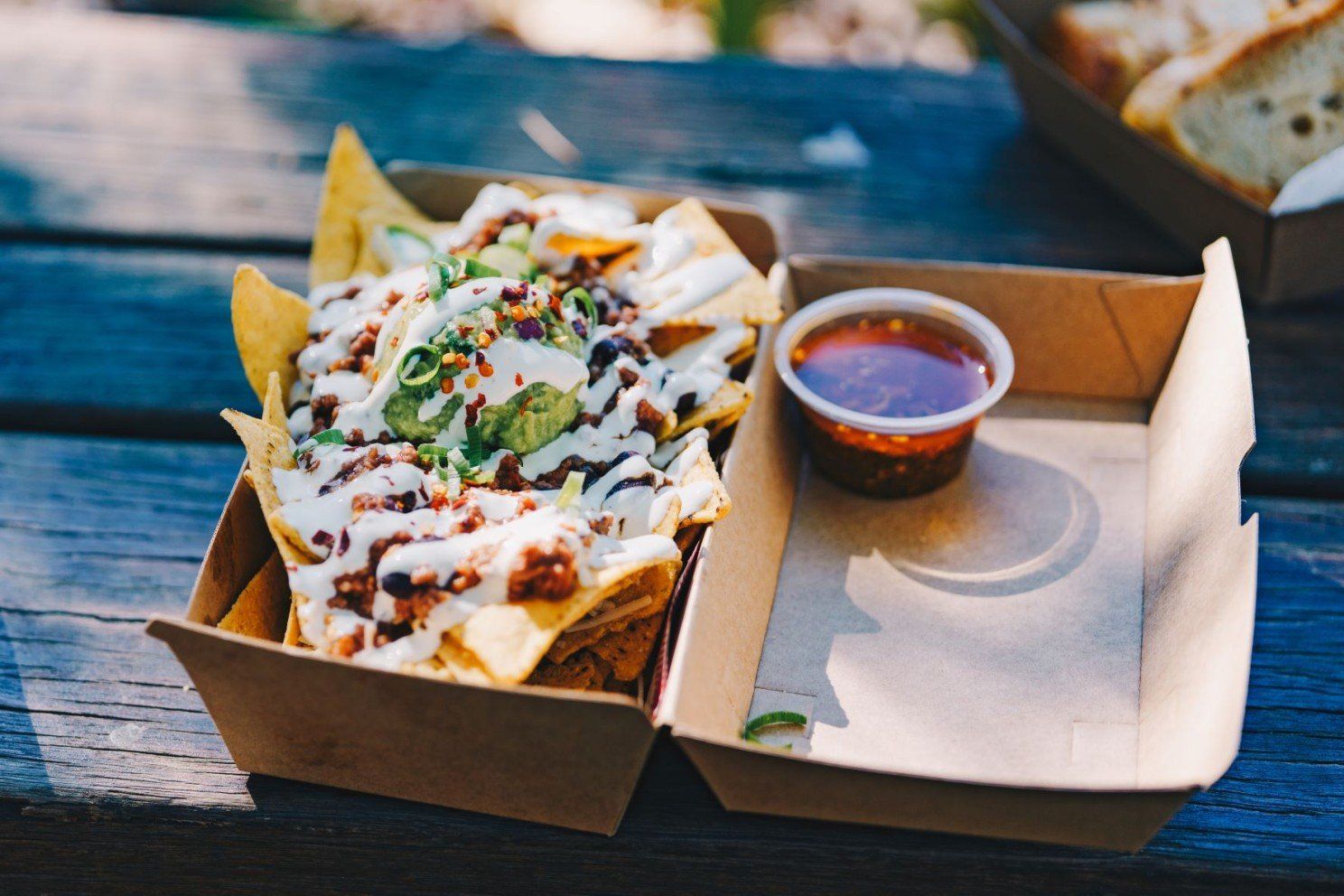Life After The Pandemic – How will it look for the Food and Beverage Industry?
Two years ago, we probably felt secure in our predictions for the Food and Beverage Industry. The future was looking good, with an increase in on-the-go purchases and a growing demand for ready meals. And yet, here we are in 2022 with all companies involved in the industry having to change their business models in order to meet new ways of eating and drinking – both at home and in cafes and restaurant.
What’s changed?
At the start of the pandemic, we saw a huge spike in demand for home delivery groceries – which was one of the safest ways to keep the cupboards stocked during lockdown. An increase in consumer interest in online grocery delivery saw demand rising by more than 140% across the UK and Europe in 2020. This movement highlighted the convenience of online delivery, and many customers who previously visited supermarkets on a regular basis have continued to use deliveries even as restrictions have continued to be lifted.

This causes its own problems – not just for the supermarkets themselves, but for the supply chain. Food producers and manufacturers also saw sales hit by the pandemic and have had to look for new ways of working. Their issues have been compounded by delivery difficulties caused by a shortage of HGV drivers and by the ongoing problems of absence caused by Covid infections.
So, food producers and wholesalers need to manage problems caused primarily by a lack of workforce and increased production prices – energy costs are rising quickly and many staple products such as animal feed are also more expensive.
And supermarkets are rethinking their approach to the size, layout and appeal of their stores, whilst also significantly improving their online delivery processes and capacity.
What about food outlets?
As we know, cafes, restaurants, pubs and other food and drink outlets were severely hit by the pandemic and its accompanying lockdowns. Re-opening over the course of 2021 has helped those businesses to stay afloat, but they are unlikely to be able to recoup the losses suffered in 2020.

With high rents and rates to pay, as well as keeping staff available to work, these businesses have had to look at different ways of working – such as offering takeaway options, or teaming up with other businesses to build a wider offering – demonstrating resilience, innovation and the ability to streamline their operations to maximise efficiency.
The rise in the recipe box industry
Being at home doesn’t mean people stop wanting to cook, of course. A recent article in The Grocer magazine reported that whilst there was a predictable rise in people using recipe box companies like Gousto and HelloFresh during lockdown periods, this trend didn’t die off as the wider economy opened up. In fact, companies that specialise in this area are taking advantage of the opportunity to give consumers exactly what they want – a personalised weekly meal option where everything is provided for them and all they need to do is follow the instructions.

Notably, Waitrose has recently partnered with Mindful Chef to offer a co-branded recipe box kit with 20 meal options each week. And retailers are watching because they will need to be able to compete with this delivered-to-the-door option which offers busy people or those who want a bit more variety in their menus the opportunity to eat well without the hassle.
What does all this mean for F&B brands?
The drop in footfall in supermarkets and smaller food stores means that consumers are no longer ‘stumbling’ across products that might not have been on their list, and in fact might be actively looking for ways to avoid having to go grocery shopping at all. This has been – and remains – a key marketing channel for stores, but as opportunities decrease, retailers are having to think about new methods – often online – to get new brands in front of consumers.
This is particularly important market intelligence for new brands, who have historically relied on supermarket placement to get visibility with customers. But this visibility has now moved much more online, so as a new, motivated F&B brand, you’ll need to be confident about how your brand will be promoted.
Want to boost your F&B brand? Book a free 30min session to find out how we can help your brand take off – just email gavin@titanbrands.co.uk to book your call.
